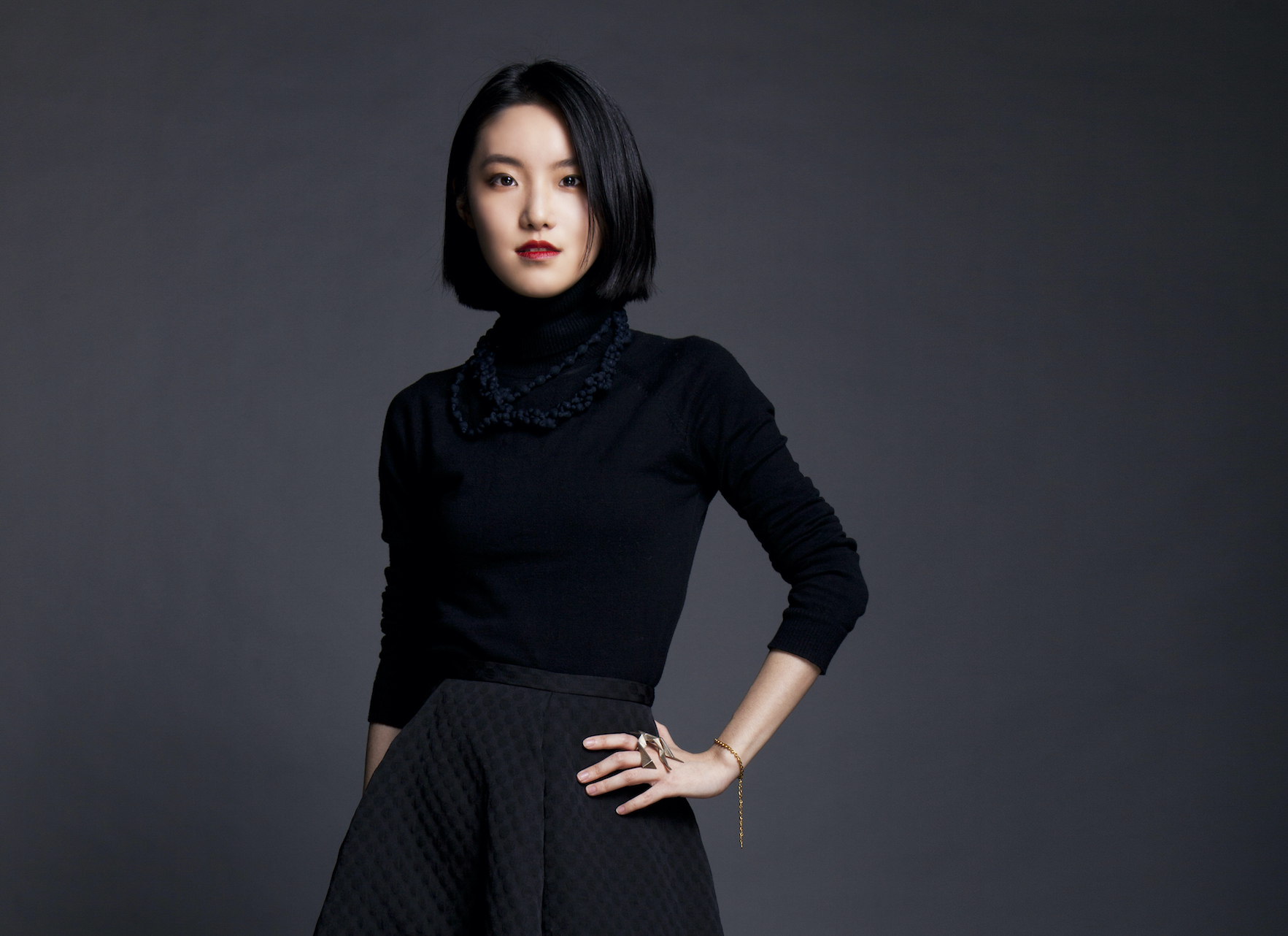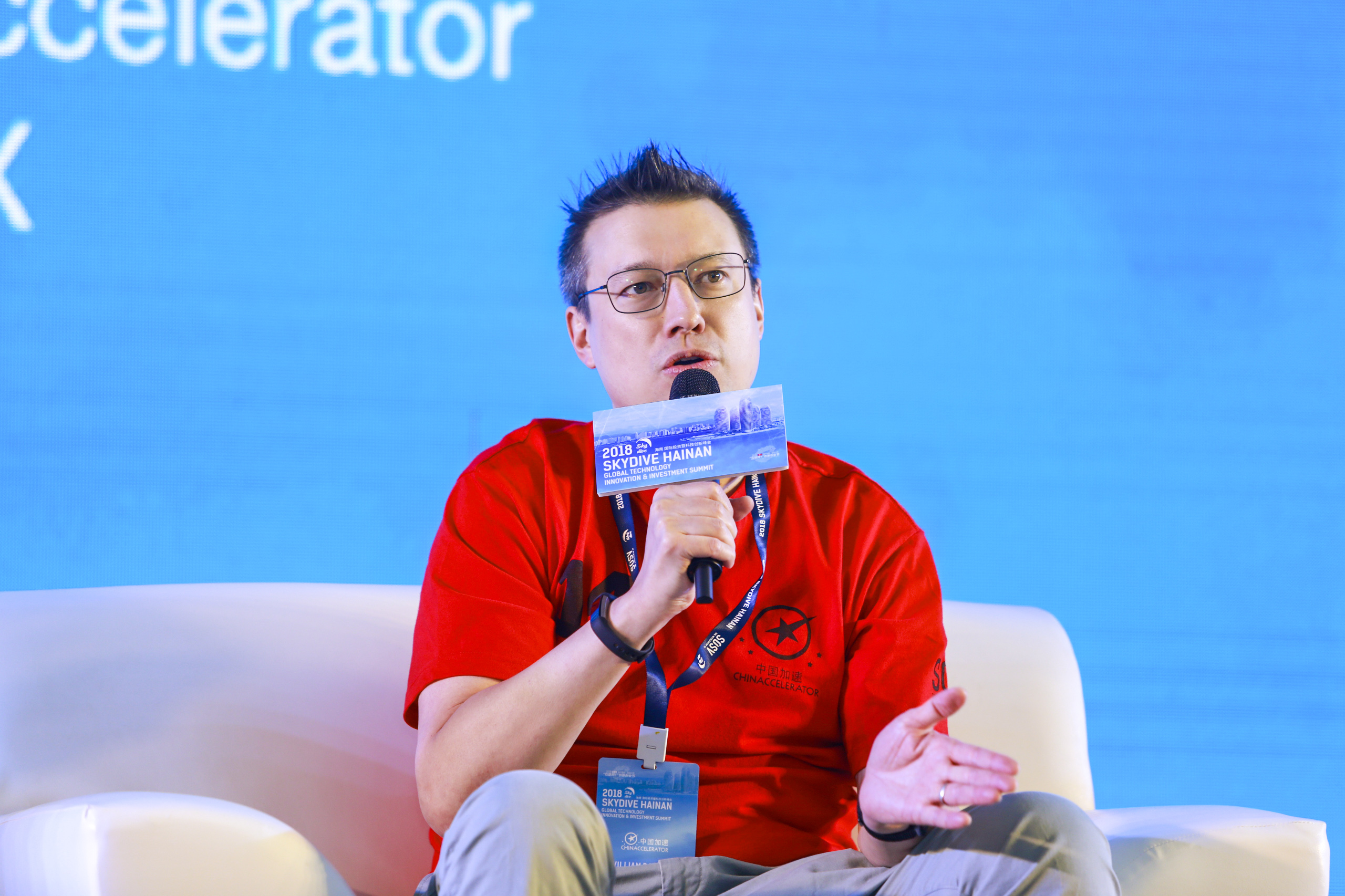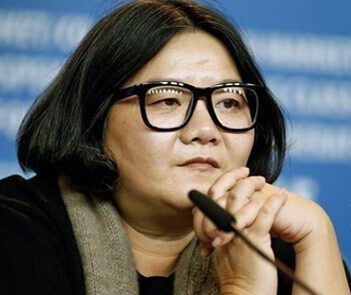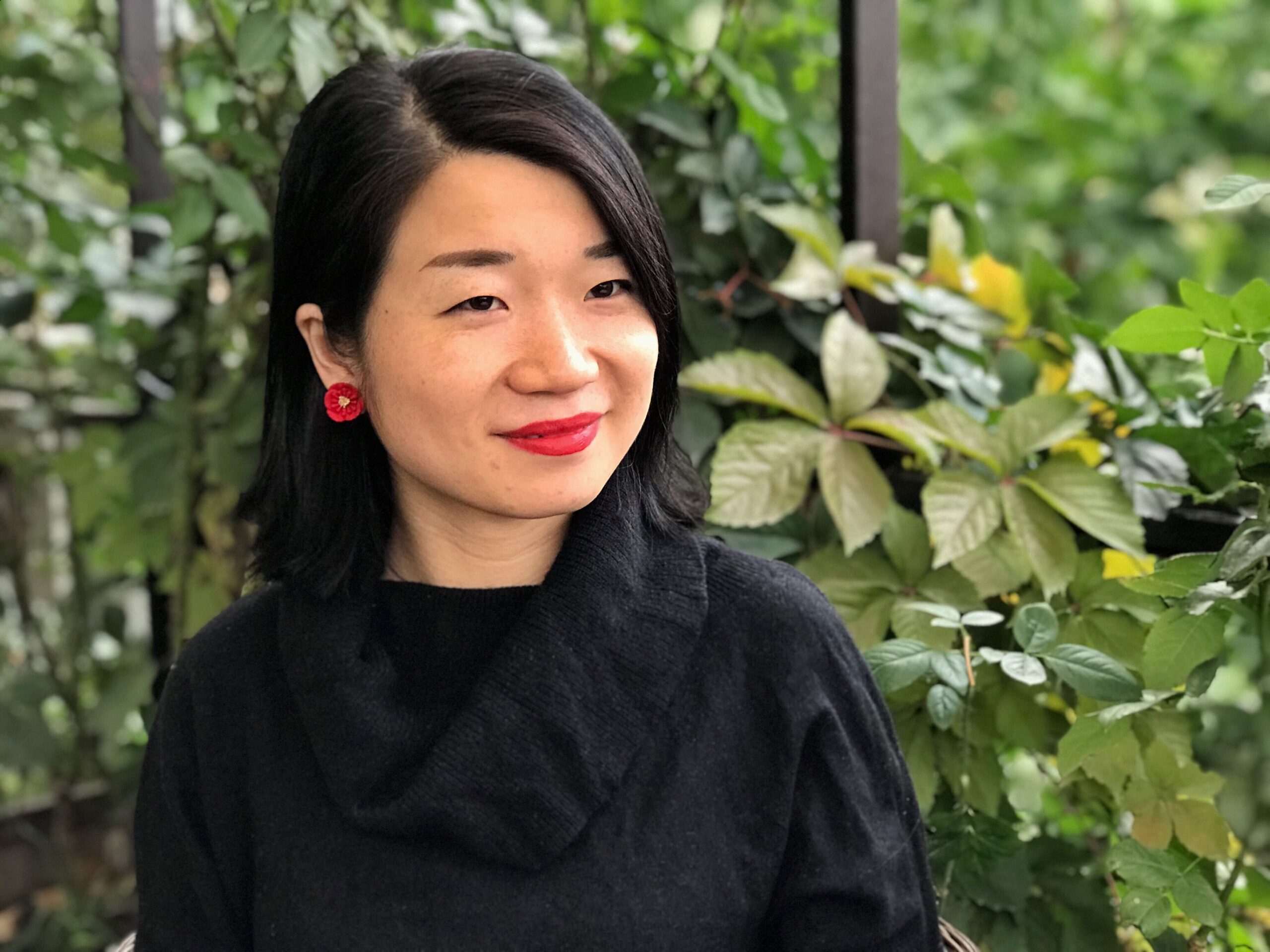Lucy Liu
I am helping businesses to achieve their potential via a global FinTech.
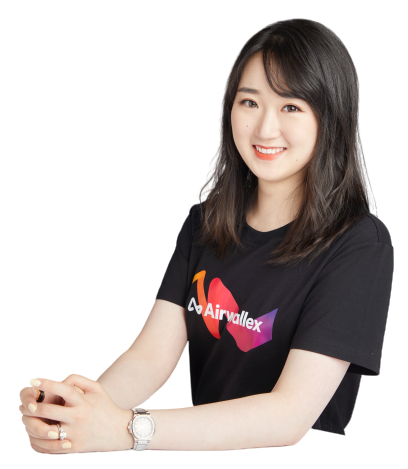
Lucy Liu is Co-founder and President of Airwallex. She is responsible for the Airwallex’s branding and operations and has been involved with the company since its early days. Before establishing Airwallex, Lucy was an investment consultant in CICC (China International Capital Corporation) and also served as a board director of Hong Stone Investment Development Limited, a Hong Kong based investment company. With her outstanding entrepreneurial achievements, Lucy has won a series of awards including Forbes “30 Young Entrepreneurs in Asia” (2017) and Ernst & Young “Australian Entrepreneur of the Year” (2018). Lucy is currently based in Shanghai, China.
Sign up to our newsletter.
AP: Please tell us about your family background.
LL: I’m Chinese, born in the Northern part of China. I don’t have much memory of my childhood in China but I remember that I liked my primary school in Shanghai. It was a bilingual school so I had exposure to English from a pretty young age.
My family moved to Auckland, New Zealand when I was twelve years old. My parents had a list of countries they wanted to migrate. I think New Zealand was slightly more accessible compared to the other ones from a criterion perspective. They liked the natural atmosphere and the relaxed, laid-back lifestyle. It is still sort of in Asia because my dad had to travel back and forth between China and New Zealand for work.
Auckland was a tranquil city compared to Shanghai in terms of population, infrastructure, and everything else. I enjoyed it. Besides, English wasn’t a barrier for me. I attended middle school and high school there. The school I went to was girls-only, and it was quiet. The school promoted developments in extracurricular activities. It allowed me to pursue my interests, as well as to be quite academic.
I then moved to Melbourne, Australia for a Master’s degree. I visited Melbourne before applying for university, and I could picture myself living there. There was a choice of either moving to Melbourne, the UK or staying in Auckland. I ended up moving to Melbourne. Besides, my family didn’t have to move across the globe and it was close enough to New Zealand.
AP: What was it like growing up in New Zealand and in Australia versus in China?
LL: Moving from Auckland to Melbourne wasn’t that much of a cultural difference. In a way, Melbourne is a bigger version of Auckland. Both are very multicultural and have a big Asian community. As a child, I was exposed to different cultures. Most of my friends are from all sorts of cultural backgrounds. It helped me later with the business side of things and running a startup. I relocated to Shanghai and worked as an Investment Consultant after graduation. I’m primarily based in Shanghai now, even though Airwallex was founded in Melbourne. I am still working with people from diverse backgrounds and located almost everywhere in the world.
AP: What were your dreams when you were younger? What did you want to become?
LL: I had so many dreams and changed them all the time. I wanted to be someone different every year. I got to the point where I had to choose what I was going to study. I applied for both engineering and commerce schools.
Growing up, I was interested in architecture and mechanical engineering. I’m a huge LEGO fan and am obsessed with building things. In high school, I was obsessed with mechatronics engineering. Later I helped the Airwallex founding team to build our first desktop PC from scratch. Xijing (our fellow co-founder and Airwallex CTO) was super impressed!
In the end, I knew I wanted a career in finance. I also had some influence from the family’s perspective because my dad worked in finance his whole life. So I studied for a finance degree at the University of Melbourne. I was already trading stocks for a few years while studying. All my internships were with banks, so it seemed like an obvious choice to continue down that path. I chose to study finance just because I felt it was more applicable to different types of industries. You don’t necessarily have to be technical in what you do. You can either go into financial services, institutions like banks, accounting and consulting firms, or you can do corporate finance and work more corporate. That’s where I ended up.
AP: Tell us about the early days of your career. What were some hard lessons you learnt?
LL: I applied for a graduate position with CICC after doing a winter internship there the year before. I think having that experience helped with getting the job. Also, the department that I applied for was not traditional investment banking. It was customer-facing and more diverse. My day to day job was giving investment advisory services to corporate firms as well as what we call high net worth individuals. There was heavy reliance on the investment banking team.
The exciting part was that I started my career in a bull market. The stock market was doing well. It made my job slightly less challenging and repetitive because you are just riding on the market. But regulations were tightening up so there were a lot less things we could do. It would be harder and more challenging to do my job if it was during a recession.
Career choice-wise, I liked the job, even though it was not challenging. I was lucky enough to get into a company that was doing well. It was a good job to have at that time. I always tell people that working for a big corporate firm is never a bad idea. As a graduate out of university, you get exposed to what structured organizations look like. Everything we were doing was super compliant, with many policies around everything. But at least I think as a graduate, I was able to know what structure looks like. So now I’m running a business myself, we don’t necessarily need all those things because we’re not that big. And we want things to be moving forward. Start-ups naturally operate differently.
Nevertheless, at the back of my mind, I’ve always wanted to be an entrepreneur. I’ve always wanted to start something for myself so I decided to take a career break.
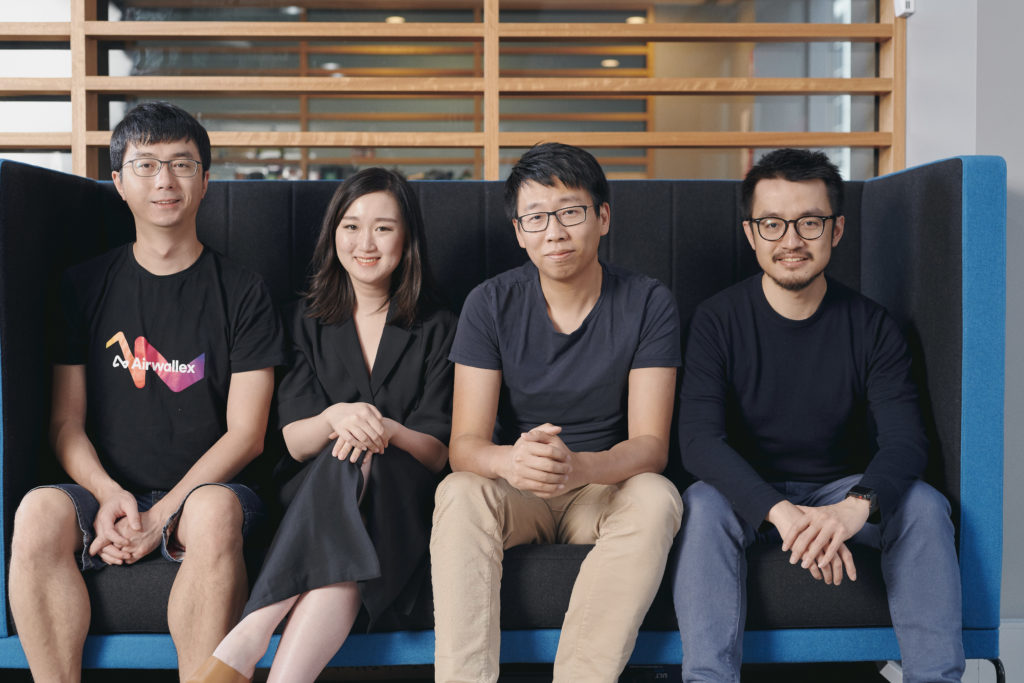
AP: Tell us more about your career change. What was the breakthrough moment for you?
LL: Although I appreciate having all the structure and different opportunities my career in investment banking presented to me, I could picture what it would look like in five or ten years. You get promoted, you become a manager or a VP, a managing director and ultimately, running an op sales team. That was the role awaiting me if I chose to stay. I wanted to try something different, for instance, a sense of achievement you get from running your own companies. That is something that can’t be compared. You can’t compare your day job with running your own.
While working at the investment bank, I didn’t see much exciting change and improvement. I took a career break around 2015 and went travelling with my husband around Europe. Every time we entered a new country and had to change to a new currency, we felt we were getting ripped off by the exchange rate.
At the same time, my two friends from university, Jack Zhang and Max Li (fellow Airwallex co-founders) were experiencing similar frustrations running a coffee shop in Melbourne. Every time they imported goods from overseas, they were stung with high transaction fees.
Jack and Max came up with the idea for Airwallex and pitched it to me when I came back from my travels, and I quickly jumped on board, and we started the company.
AP: What does entrepreneurship mean to you?
LL: It means different things to me back when Airwallex was a five-person team to now four hundred. I think in the very beginning it was just getting things done.
We had an idea and specific goals that we wanted to achieve. It was like running a marathon; you keep going. You always have the things that you want to do and more problems that you want to solve. And adding to that, I think now that we’re a much bigger team, there is also a responsibility. The team is working together to make things happen. Some quit their jobs, high paying corporate jobs to join us. I think, as a founder, you have this natural sense of responsibility for the broader group of people that are working towards the same goal. It can be challenging.
I don’t distinguish between my work life and my personal life. Obviously, for some people who work for us or people who work for Airwallex, at the end of the day it’s still a job. You look for people who have that start-up mindset, but it is a paid job that you do. Going back to what entrepreneurship is, I think one – making things happen, and two – being responsible for hundreds of people at the same time.
“I’ve always wanted to be an entrepreneur. I’ve always wanted to start something for myself.”
AP: How did your family react when you quit your job and started working on Airwallex?
LL: The family was fully supportive. My dad had a few failed technology companies back in the days, and I think for him, the timing wasn’t right. The infrastructure wasn’t there for those start-ups to thrive at the end of the 90s. But it was twenty years ago, and now we have so much capital support in the VC market for companies to grow. There are a lot of infrastructures, technology, and many different tools that can be used that weren’t there back in the days.
AP: Many start-ups, especially at early stages, have ups and downs. How do you motivate yourself during the difficult times?
LL: I think I’m just a very optimistic person. I don’t stay depressed for very long, and I’m able to recover quite quickly and think about what to do rather than being locked up in a little room and staying in bed all day. Women tend to be very strong in these types of scenarios.
I feel like there is not enough time to keep on thinking about negative things. You somehow have to make it work or give up, right? But giving up is not a choice a lot of times. It takes more courage to give up than fight back. You know, make it work.
“[As] a founder, you have this natural sense of responsibility for the broader group of people that are working towards the same goal.”
AP: What empowers you on a daily basis now that you’ve reached unicorn status?
LL: We have mini-milestones that we meet throughout the year. We don’t make fundraising something we achieve, but we celebrate. Many people ask how does it feel to have the unicorn status? It is a lot of responsibility and, you know, it shouldn’t be about celebrating for validation. Being a unicorn is not something that empowers developers or me. But what we did to achieve that title actually means a lot to us – for example, opening new offices or access to a new market. Or the things that you’ve been working hard for a long time, and you get them done. I think this is something worthy of celebration. I guess having a checklist that you tick things off as you go, which keeps you going.
AP: Has anyone had a profound impact on your life or inspired you?
LL: My dad has always been an inspiration of mine. He was an entrepreneur too, so I get this spirit from him! I learned a lot from him about perseverance and integrity. I witnessed what he has gone through in achieving what he has achieved and working hard. I still remember when I was in primary school, and he was working in Shanghai by himself. I was with my mom in our hometown. He was living in a room without a window, it was depressing, and I still remember it. The things that people give up as well. I have a daughter now. I am not able to be there for her all the time. Or have to sacrifice a part of life for a career or the company. I think that’s something that’s very courageous and memorable.
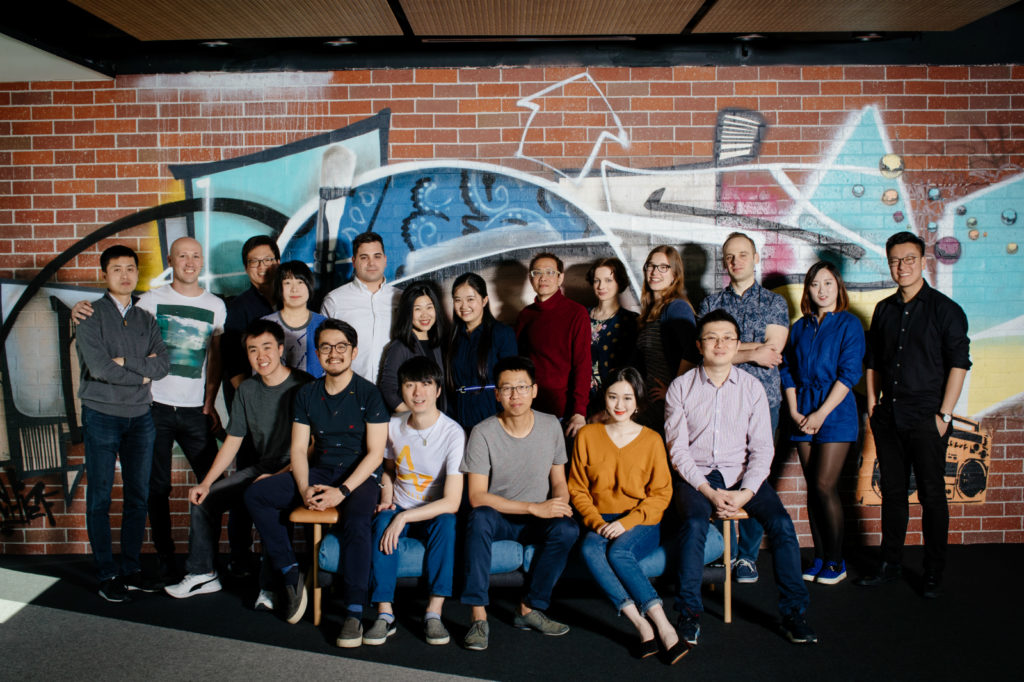
AP: What are you working on now?
LL: We’re currently working on new products. Airwallex got most of its early success from bigger enterprise customers. And this year, we’ve been focused on SMEs. I think SMEs are the reason we started this company.
It’s quite exciting in a way that, we’re now servicing the people that we started the company for. This year we put together a growth team. So, we’re looking at two things. One is user acquisition in the markets that we’re already in. And two is also looking at new areas that we could welcome. If you think about Airwallex as an infrastructure company for the first three years, we have been expanding out for presence in different countries, building local connections, and getting licenses. Now we’re expanding our application layer, building various bridges for products or functionalities, and fundamentally solving problems for our clients.
Airwallex is also expanding to new markets, applying for licenses in a few more countries. For the first three to four years, we’ve been mainly focused on APAC, but now we are growing our European and US businesses as well.
AP: Do you help the next generation of entrepreneurs? How are you helping them?
LL: Yes, I am mentoring at the Melbourne Accelerator Program (MAP) which is part of the University of Melbourne.
It’s also interesting to work with very early stage companies because we’ve been there, and we know how quickly start-ups can grow. One of the goals that we put earlier this year on the wall was that we want to be the default payment choice for start-ups. We believe there’s a lot of opportunities in raising start-ups because they grow so much faster than traditional companies.
We work with start-ups and companies that are three or four years old. These companies have integrated with our system and have grown tenfold in the year. We are seeing in our live servicing new digital economies and business models that are, in a way too innovative or unique for the traditional infrastructure. On the one hand, it’s interesting to work with early-stage founders. On the other hand, at the company level, we are also able to help them scale their business in different regions.
“My dad has always been an inspiration of mine. He was an entrepreneur too, so I get this spirit from him!”
AP: What is the one key lesson you like to share with our readers who are thinking about getting into FinTech?
LL: I think everyone knows that people are the key to success, whether small or big. We almost underestimated how important it is to have the right person in the proper role. We’ve made some hires that were not ideal, but you get better at hiring and firing people over time. I wish we had an HR manager a bit earlier. We did not have HR for two years. Spending enough time on getting the right people in your team saves you a tremendous amount of time.
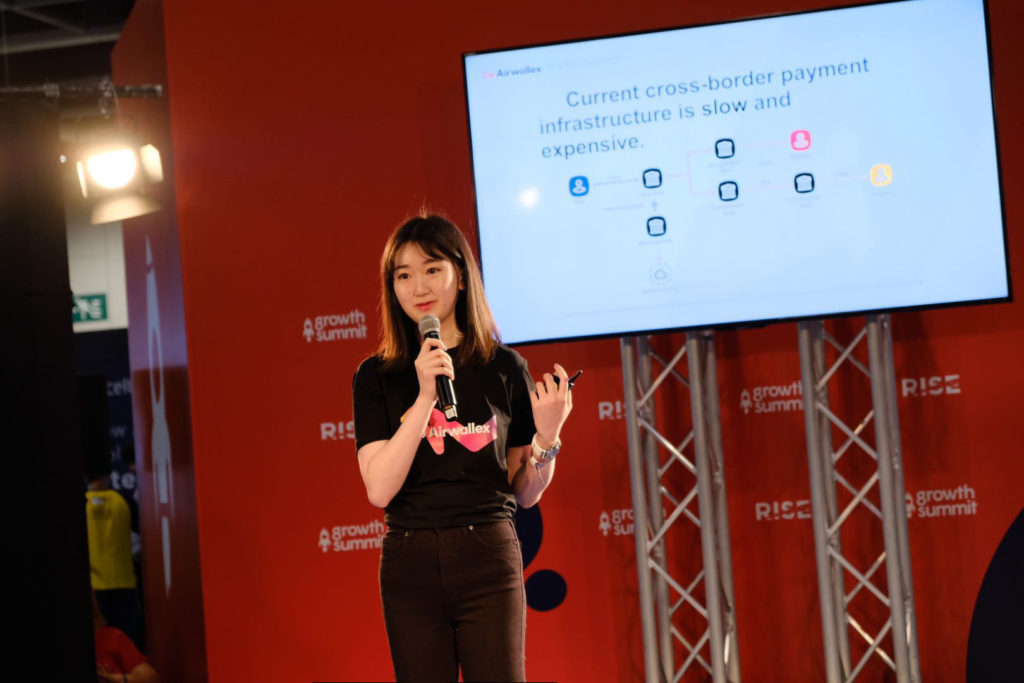
AP: On top of luck and hard work, what other qualities have helped you to succeed?
LL: Being optimistic and having a great support system from my family. I am fortunate to have a supportive husband. My daughter is too young to know. But I think to be able to not worry about what’s going on the personal side of things makes you more focused and less exhausted.
AP: Do you have any hobbies?
LL: I do. Other than sports or keeping myself fit, I love travelling. I try to squeeze like two or three days of sightseeing whenever I travel for work to a destination I haven’t been before. My favourite destination is Japan. Just because it’s close enough and I love the food. I’m a big foodie.
My top choice for last year is Portugal. I went to Web Summit 2019 in Lisbon. I’ve never been there before, and it was beautiful and exciting. Portugal and Lisbon are a little bit different from other European countries or cities.
AP: What’s your favourite book?
LL: “The Book of Numbers” written by French writer Mickaël Launay.
AP: What’s your view on the future 20 years from now?
LL: Most people probably will say autonomous driving cars and things like that, but looking at the environment and technological challenges, I would say that sustainability is important.
I think we’ll have a new way of looking at it: the global environment, food, air, water, and resources. I believe in the next 20 years; there will be a significant advancement in terms of food waste, or how we solve the population versus resource problem. We surely can live without autonomous cars.
At Airwallex in Shanghai, we started a very systematic recycling policy. We have to separate all our trash into four different categories. Everyone is complaining about it and doing it at the same time. It is according to the law, so we have to do that. We’ve been pushing out things like that within the company as well.
As a mom, I care a lot about environmental issues and challenges. For example, the air is not great in China, but it’s getting better. Significant environmental and sustainability issues are my key areas of focus even though I do fintech.
AP: Thinking about other young Asian Pioneers or change makers, who do you think we should interview next? And why?
LL: Sissi Chao, who has transformed herself from a shopaholic to an environmental activist.
AP: Thank you Lucy, we are very grateful for your time.
Sign up to our newsletter.


